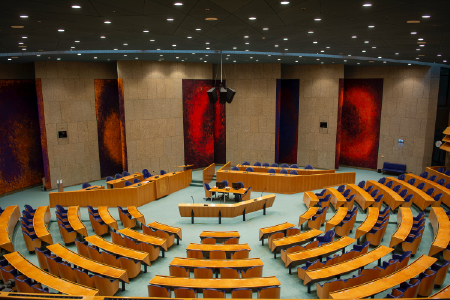The Latvian Ministry of Finance has recently published a draft plan aimed at curbing the shadow economy for the period of 2024-2027, which includes the implementation of a mandatory e-invoicing system for all B2B transactions.
Impact
According to the draft plan, issuing and receiving structured e-invoices for B2B transactions will become mandatory. This initiative is designed to streamline the invoicing process and introduce a technical solution for the efficient circulation of e-invoices. Additionally, the system will feature the implementation of real-time reporting, aimed at enhancing the monitoring and compliance of VAT payment obligations.
Latvia is paving the way for mandatory B2B e-invoicing, with further details anticipated to be released in the coming months.
Currently local government institutions in Latvia are required to accept e-invoices in their public procurement process as per the specifications established by the European Union. However, the Latvian Finance Ministry is proposing a plan to introduce electronic invoicing as mandatory for both B2B and B2G transactions from 2025. At that stage the circulation of e-invoices will have to be made in accordance with the European Electronic Documents and e-Invoicing Network (PEPPOL) which allows both sending and receiving of e-invoices in a standard mode.
Understanding the Landscape
E-invoicing and e-procurement are pivotal aspects of 21st-century business. The Latvian government has taken significant steps to promote e-invoicing adoption.
Here are the key points:
Mandatory Implementation Timeline:
Phase 1 (May 1, 2022): Suppliers in the public sector must use e-invoices when billing the government. The government receives and stores these invoices.
Phase 2 (July 1, 2022): Public entities send e-invoices to companies, which should be able to receive and store them.
Phase 3 (January 1, 2023): E-invoicing becomes mandatory for the entire B2B sector.
- Target Completion (December 30, 2025): Full implementation of Latvia’s electronic invoicing system.
PEPPOL Standard:
- Latvia’s e-invoicing will align with the European Electronic Documents and e-Invoicing Network PEPPOL (Pan-European Public Procurement Online) standard.
- The government aims to set up interoperability and connectivity between Latvia and other EU Member States through the PEPPOL network.
Latvia’s E-Invoicing Solution:
Latvia has developed an e-invoicing solution based on its existing Secure Electronic Delivery Platform (e-Address).
Key features include:
- E-invoicing integration in eAddress for secure transmission.
- An interface for submission and receipt of e-invoices.
- A public e-invoicing API library for transmission between different accounting systems.
- Connection with the PEPPOL network.
Benefits for Businesses:
- Efficiency: Streamlined processes save time and reduce paperwork.
- Accuracy: Digital invoices minimize errors and enhance data accuracy.
- Cost Savings: Reduced printing and postage costs.
- Compliance: Adherence to legal requirements ensures smooth operations.
Conclusion
Embrace the digital revolution and consider SPS Commerce as your leading international E-invoicing provider.
Whether you’re a business owner, an accountant, or a curious learner, staying informed by subscribing to our newsletter about e-invoicing developments and more can empower you to make better decisions and streamline your financial processes.
Questions about E-invoicing in Czech Republic? Contact our experts!




